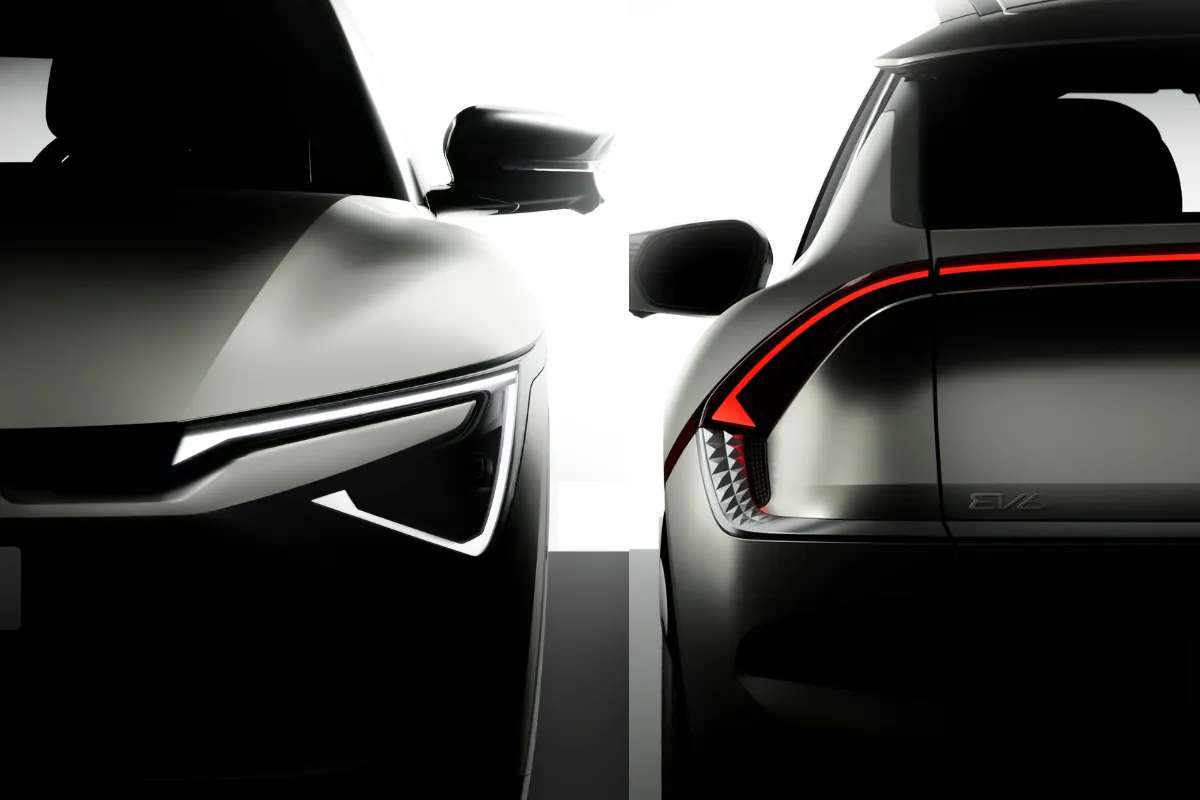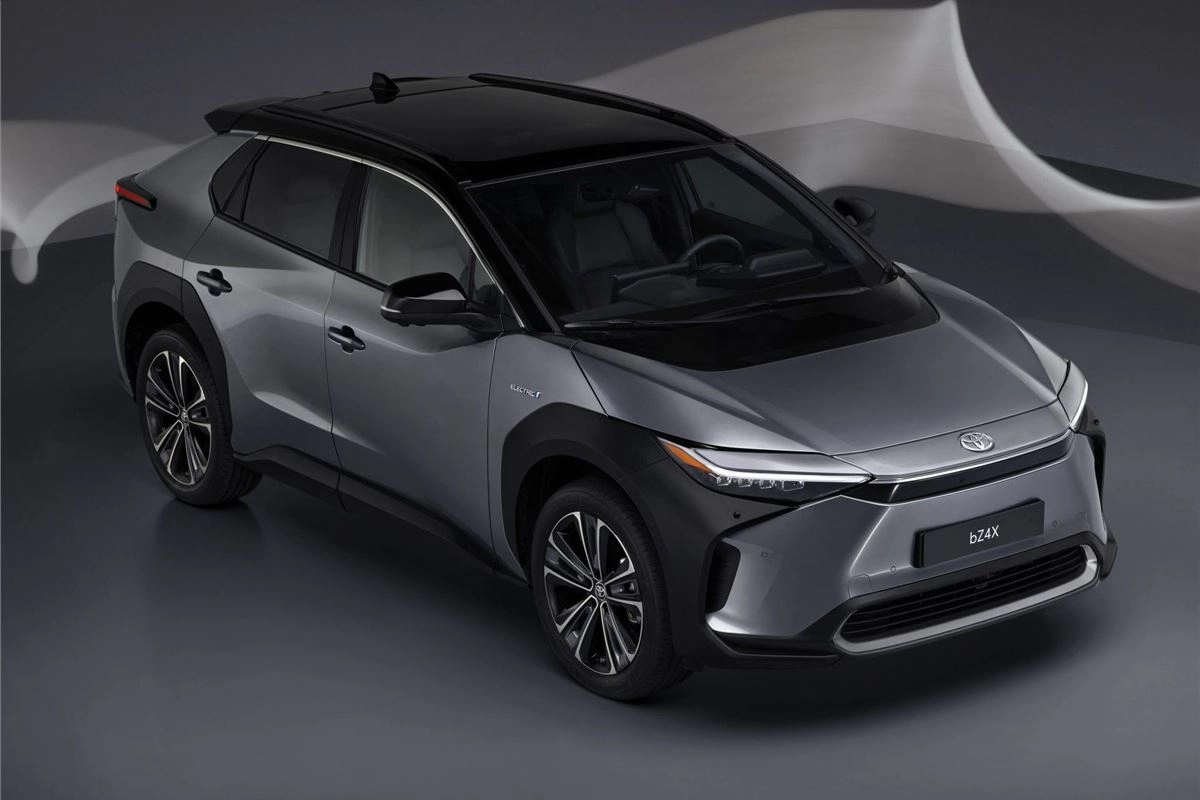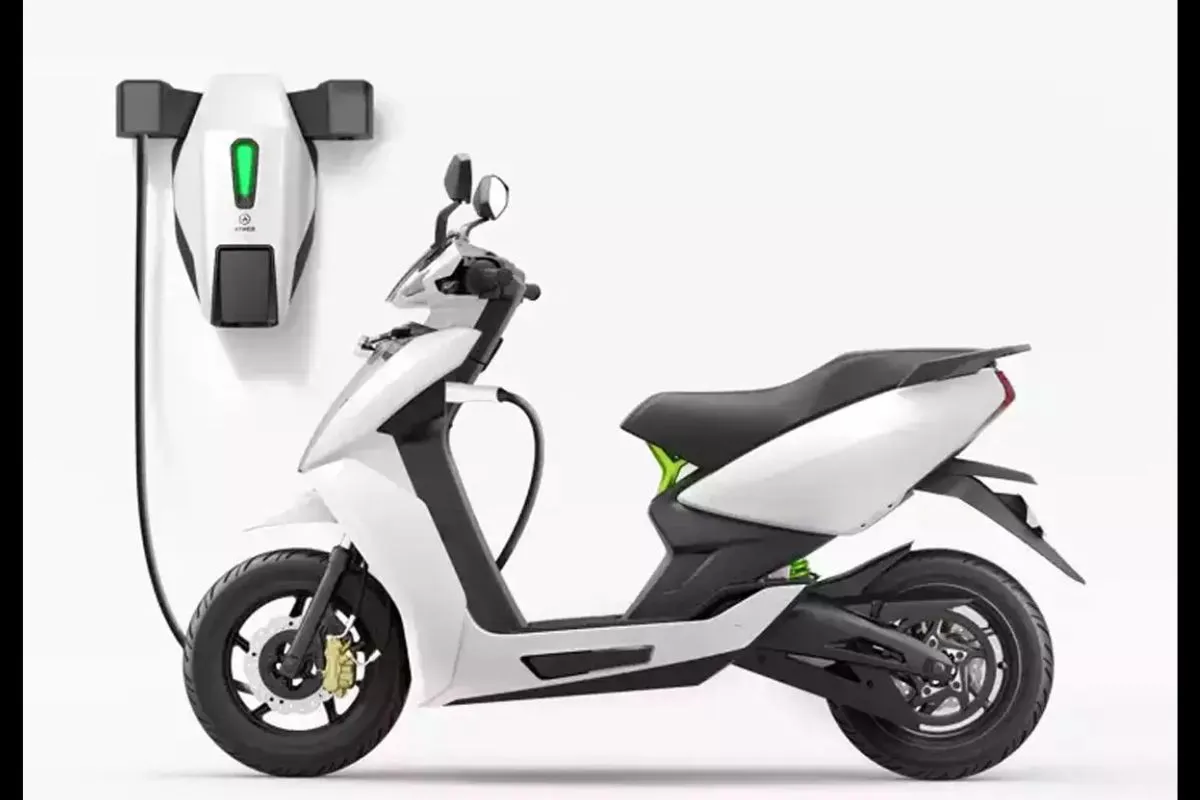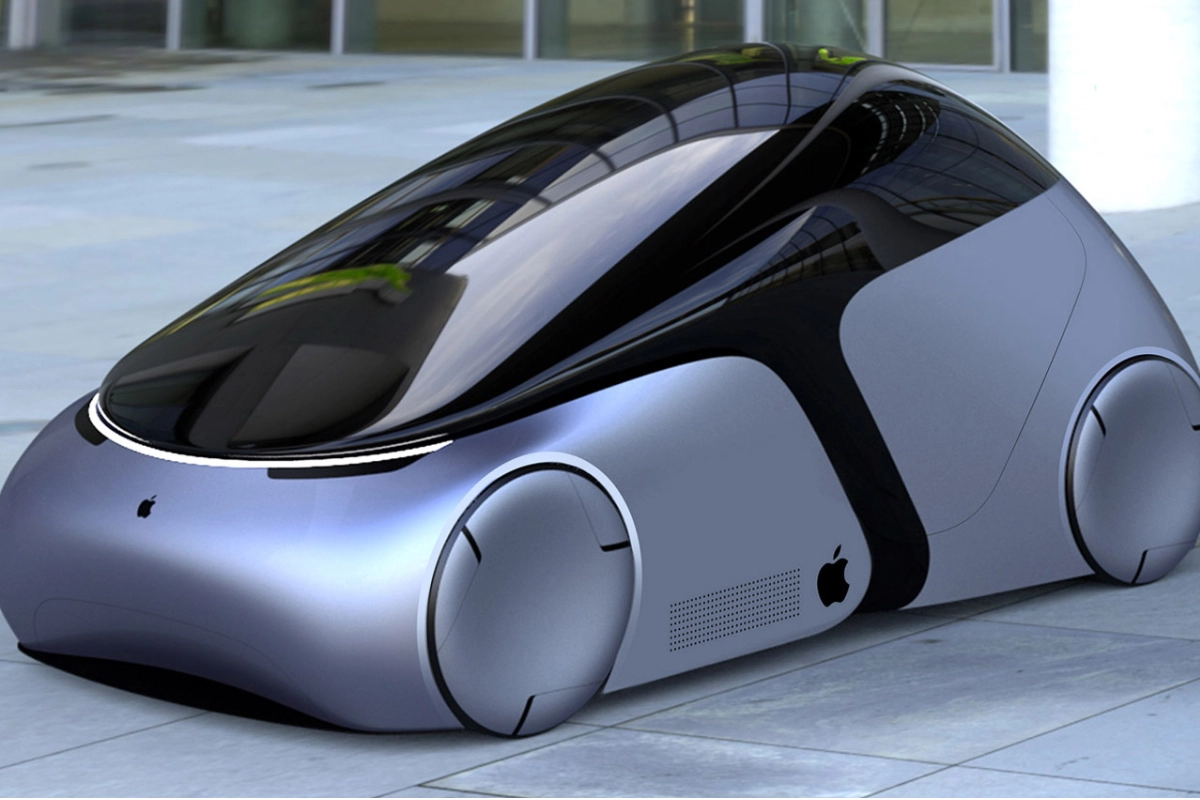Electric Car Buying: Global mobility in the future will primarily consist of electric cars or EVs. Although EVs have been developed for more than a century, the market for battery-powered cars has only recently become more and more competitive. If you are also planning to get your hands on an electric car, then you must keep these 5 points in mind.
5 Things to know before buying an electric car
Know the Range
Before buying an EV, one must determine their main objective. The operational range of the majority of contemporary EVs is enough for regular trips. Some EVs even claim to have a single-charge range sufficient for quick trips and commutes between cities. You must know the real-world range of the EV you are planning to buy.
Features onboard
Considering whether an EV’s features will be useful in their daily life is a good way for prospective consumers to evaluate the features.
EVs are much more efficient
The ratio of the energy used to power a car—either electricity or gasoline—to the energy needed to propel it ahead determines how efficient a vehicle is. The US Department of Energy estimates that while gasoline-powered vehicles only convert between 12% and 30% of received energy to power at the wheels, electric vehicles convert approximately 77% of that energy to power. EVs are two to three times more efficient than ICE cars, thanks to this energy conversion. Because EVs are generally more efficient, the environment is less polluted with garbage.
EVs are less expensive to maintain
A gas-powered car requires expensive upkeep. A significant number of moving elements require frequent repair, including tyres, brakes, oil changes, radiator fluids, and other yearly maintenance. With an EV, the maxim “less is more” applies. Because they need to be rotated about every six months, tyres are the primary source of regular maintenance expenses. EV drivers save twice as much on maintenance and repairs as owners of internal combustion engines (ICEs) because their vehicles just have a battery as a propulsion system, as opposed to the many propulsion systems present in ICE vehicles. EVs have proven to be significantly less expensive to operate when it comes to yearly maintenance.
Subsidies
Although electric vehicles (EVs) are more cost-effective than their internal combustion engine (ICE) counterparts, they are nonetheless environmentally beneficial. This is a result of the importation of numerous pricey EV components, which raises the final cost of an EV in addition to other development expenses. Fortunately, the government provides subsidies to anyone choosing to purchase an electric vehicle (EV) in order to encourage sales of cars with lower emissions.
Customers can purchase an electric vehicle (EV) at a discounted price under the FAME II programme, but the car must fulfil specific requirements.
Keep watching our YouTube Channel ‘DNP INDIA’. Also, please subscribe and follow us on FACEBOOK, INSTAGRAM, and TWITTER












